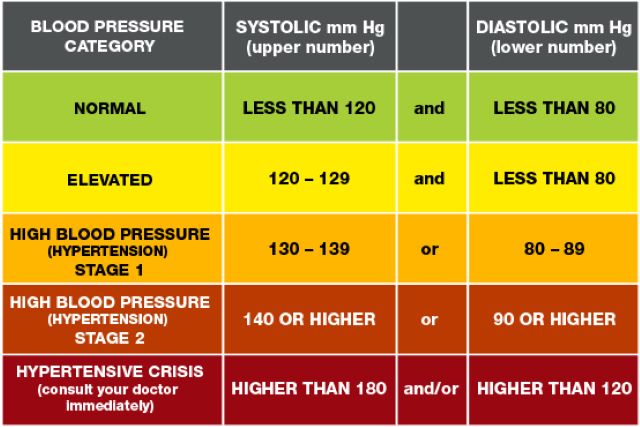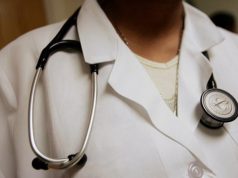You can maintain a healthy blood pressure range by leading a healthy lifestyle. By avoiding hypertension, or high blood pressure, you can reduce your risk of stroke and heart disease.
Here are the 10 tips to prevent high blood pressure:
Eat healthy diets
Choose healthy meal and snack options to help you avoid high blood pressure and its complications. Be sure to eat plenty of fresh fruits and vegetables.
Talk with your health care team about eating a variety of foods rich in potassium, fiber, and protein and lower in salt (sodium) and saturated fat. For many people, making these healthy changes can help keep blood pressure low and protect against heart disease and stroke
Get active
Regular exercise can also help you lose weight, which will also help lower your blood pressure. Regular exercise for about 30 minutes three times a week is a good start.
Limit your alcohol intake
Limiting alcohol intake is also crucial. Also, monitor your blood pressure regularly. A reading in the range of 120-139/80-89 mmHg increases risk of developing hypertension.
Lifestyle habits
Lifestyle habits also help to prevent hypertension. Conquer small goals, such as snacking on fruits and vegetables instead of junk food, and continue to practice these good habits until they are a part of your daily routine.
Do not smoke
Smoking raises your blood pressure and puts you at higher risk for heart attack and stroke. If you do not smoke, do not start. If you do smoke, quitting will lower your risk for heart disease. Your doctor can suggest ways to help you quit.
Get enough sleep
Getting enough sleep is important to your overall health, and enough sleep is part of keeping your heart and blood vessels healthy. Not getting enough sleep on a regular basis is linked to an increased risk of heart disease, high blood pressure, and stroke.
Lose weight
Being overweight forces your heart to work harder to pump blood around your body, which can raise your blood pressure.
If you do need to lose some weight, it’s worth remembering that just losing a few pounds will make a big difference to your blood pressure and overall health.
Cut down on caffeine
Drinking more than four cups of coffee a day may increase your blood pressure.
If you’re a big fan of coffee, tea or other caffeine-rich drinks, such as cola and some energy drinks, consider cutting down.
It’s fine to drink tea and coffee as part of a balanced diet, but it’s important that these drinks are not your main or only source of fluid.
Monitor your blood pressure
Make sure that you have your blood pressure measured regularly, either at your doctor’s office or at home. High blood pressure often occurs with no symptoms, so only blood pressure readings will tell you if your blood pressure is on the rise.
Managing stress
Learning how to relax and manage stress can improve your emotional and physical health and lower high blood pressure. Stress management techniques include exercising, listening to music, focusing on something calm or peaceful, and meditating.
Credit: thenationonlineng.net










































































